
By Olivia Reed / Apr 14, 2025
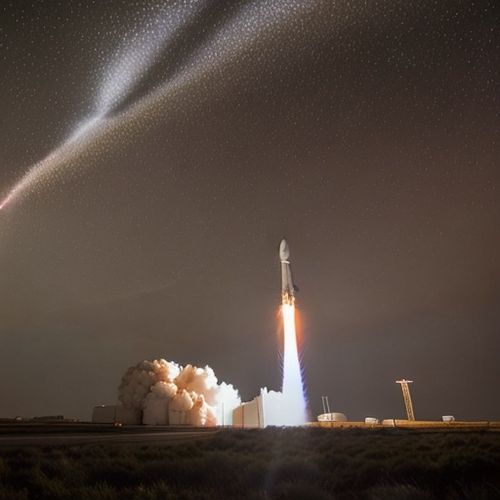
By Sophia Lewis / Apr 14, 2025
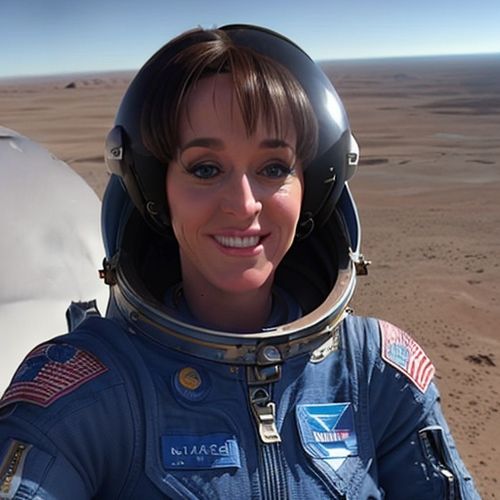
By Noah Bell / Apr 14, 2025

By Eric Ward / Apr 14, 2025
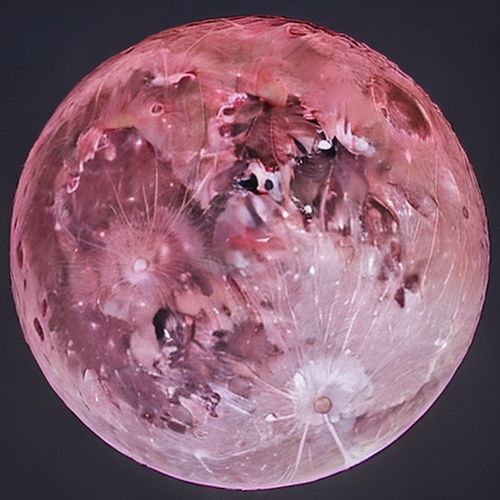
By Sophia Lewis / Apr 14, 2025
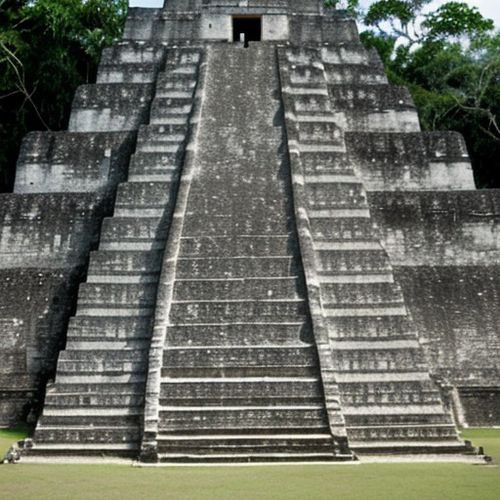
By Sarah Davis / Apr 14, 2025

By William Miller / Apr 14, 2025
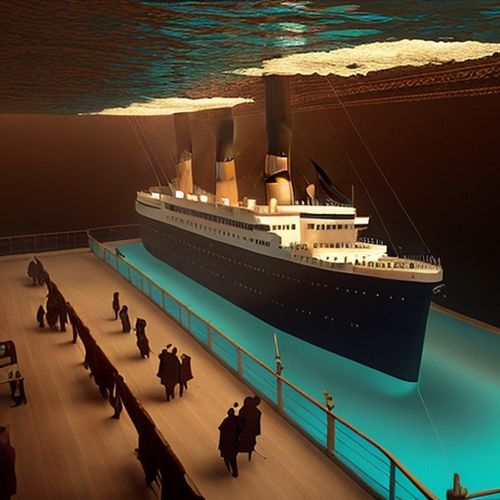
By James Moore / Apr 14, 2025
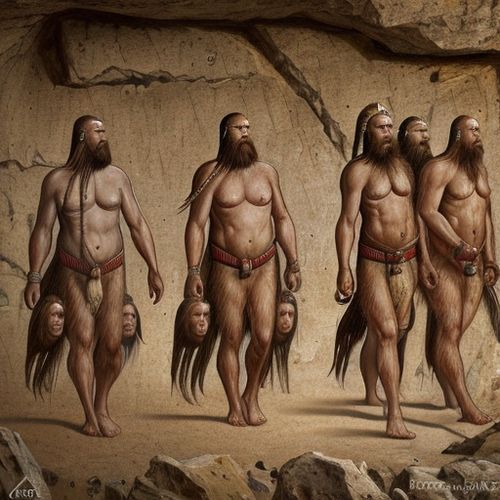
By Eric Ward / Apr 14, 2025
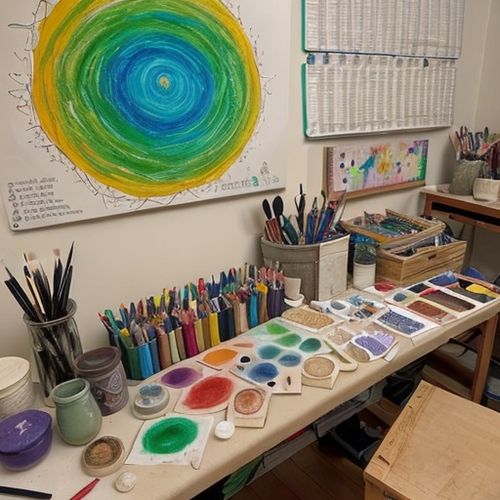
By Emma Thompson / Apr 12, 2025
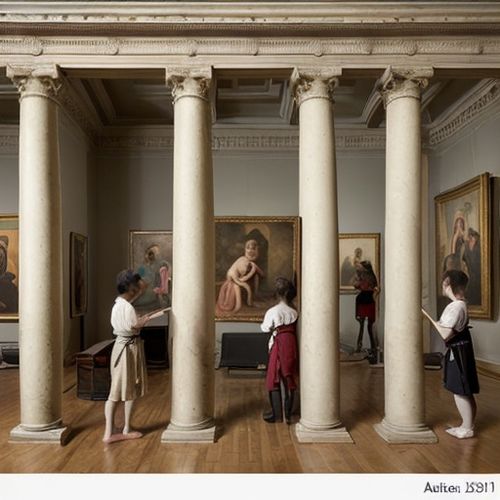
By Ryan Martin / Apr 12, 2025
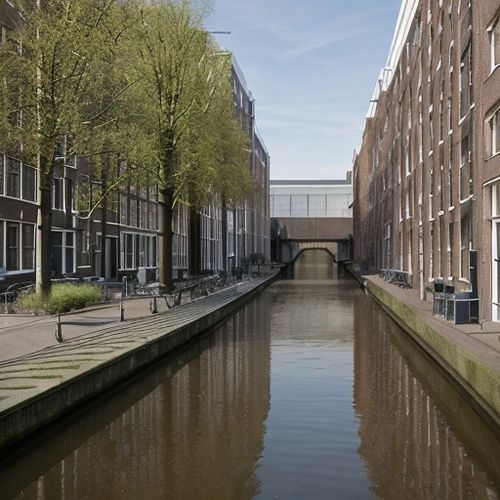
By Victoria Gonzalez / Apr 12, 2025

By William Miller / Apr 12, 2025
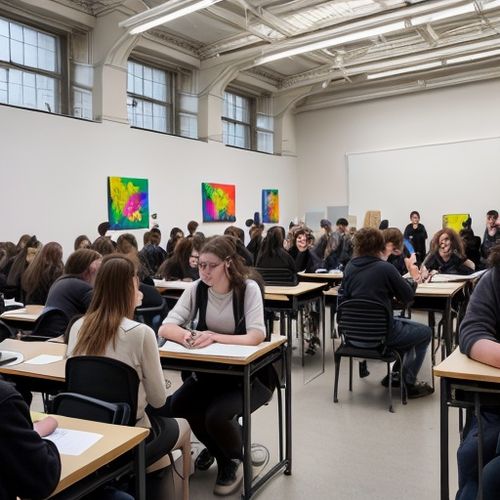
By Grace Cox / Apr 12, 2025
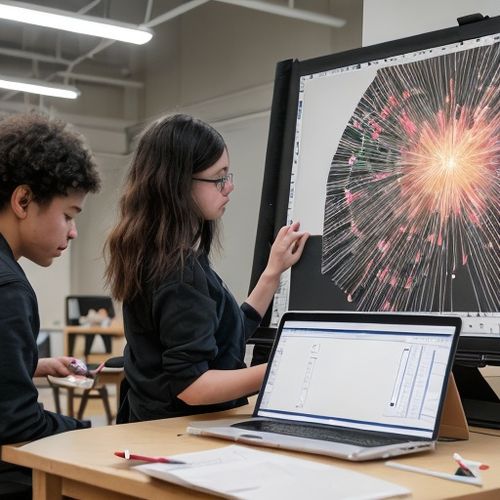
By Sophia Lewis / Apr 12, 2025
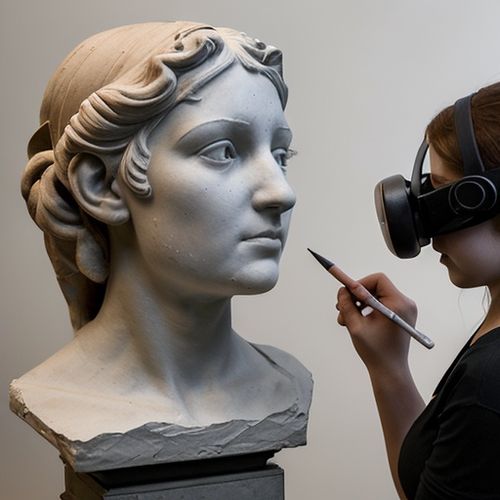
By Amanda Phillips / Apr 12, 2025
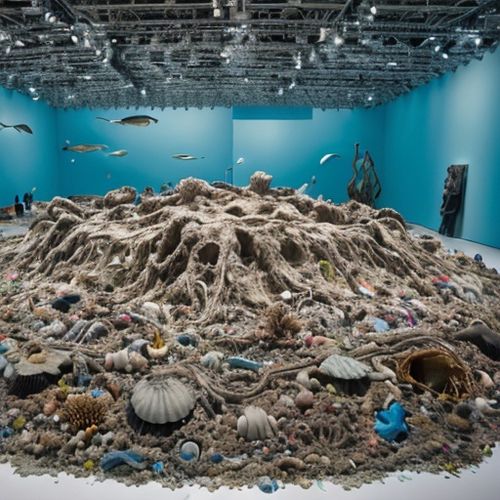
By William Miller / Apr 12, 2025
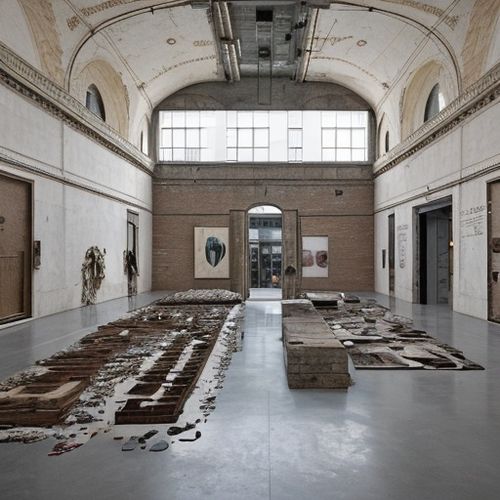
By Sarah Davis / Apr 12, 2025

By Jessica Lee / Apr 12, 2025
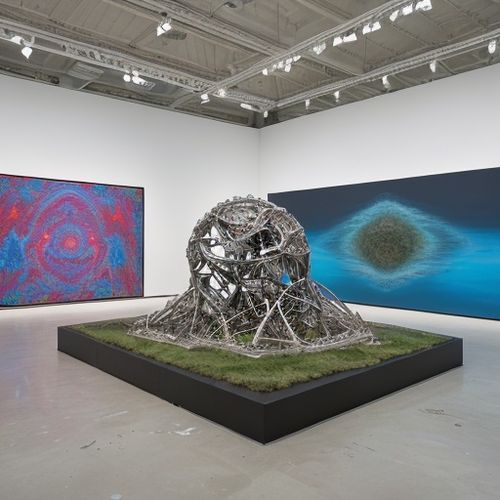
By Emma Thompson / Apr 12, 2025
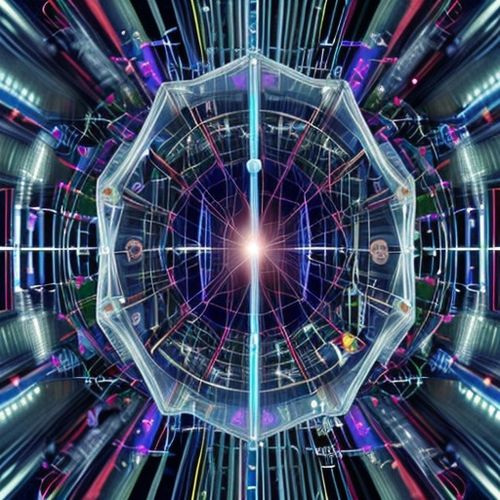
By Rebecca Stewart / Apr 10, 2025

By Grace Cox / Apr 10, 2025
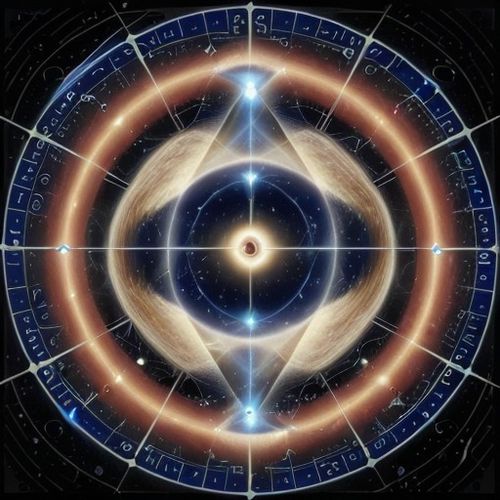
By Thomas Roberts / Apr 10, 2025

By James Moore / Apr 10, 2025
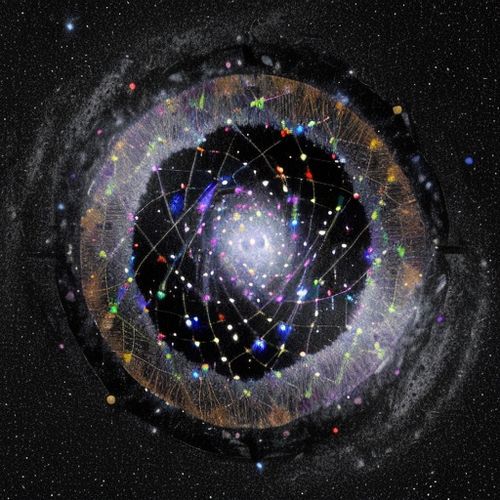
By Laura Wilson / Apr 10, 2025
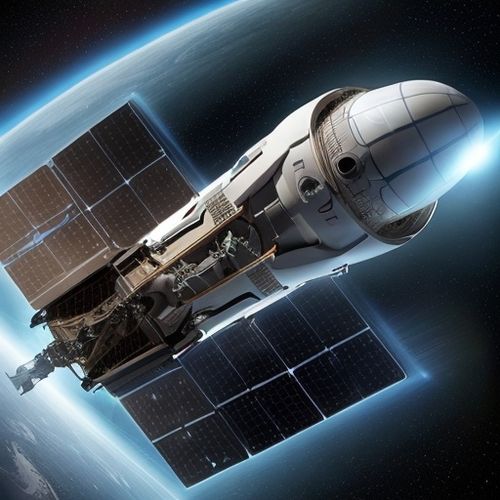
By John Smith / Apr 10, 2025
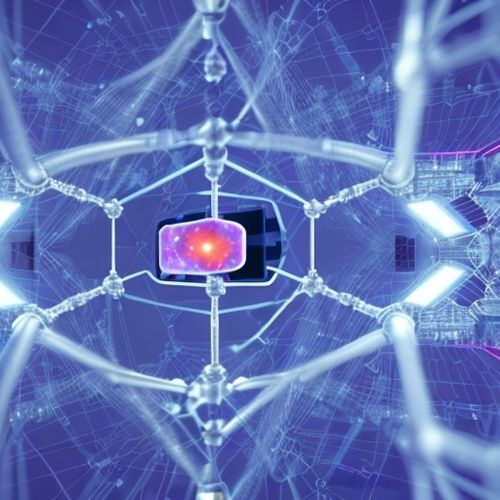
By James Moore / Apr 10, 2025

By Olivia Reed / Apr 10, 2025
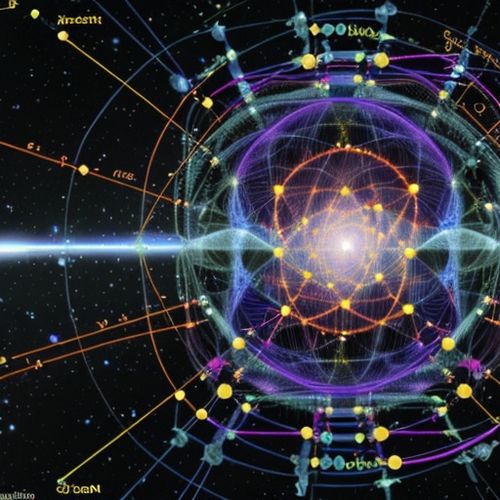
By Eric Ward / Apr 10, 2025